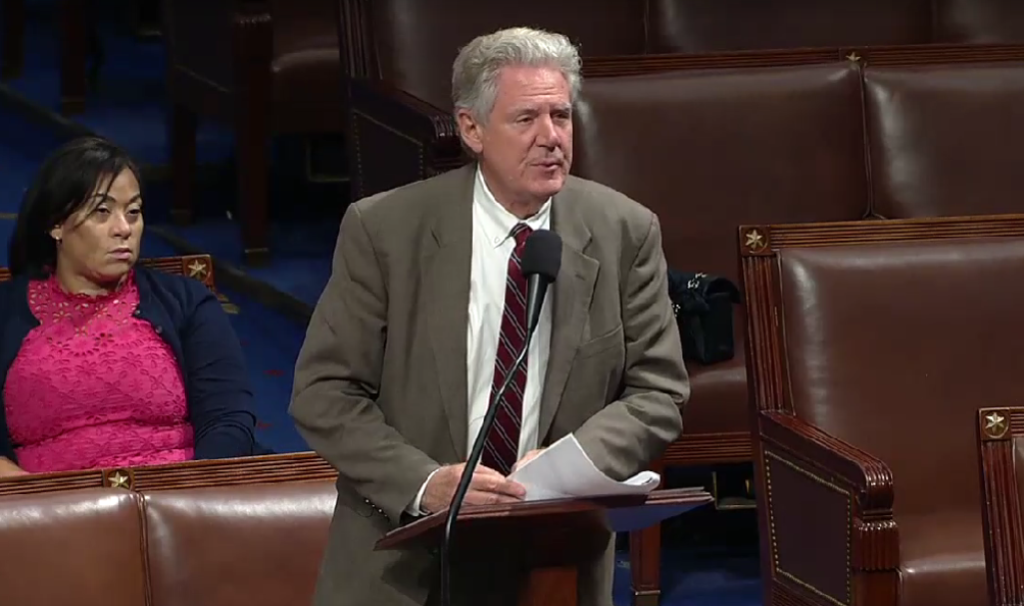Congress Sends White House Bill Boosting LEO Satellite Launches
Building on recent FCC actions, the bill expands spectrum access for commercial space launches.
Jericho Casper

WASHINGTON, Sept.18, 2024 – A bill requiring that critical spectrum frequencies be allocated for commercial space launches passed the House late Tuesday, and now heads to the President’s desk.
The Launch Communications Act mandates that the Federal Communications Commission allocate spectrum between 2200 - 2290 and 2360 - 2395 MegaHertz (MHz) to support the growth of low-Earth orbit satellites. The bill would also streamline the process for accessing these frequencies, which supporters say is crucial for satellite servicing and relaunch.
Of the more than 100 launches the Federal Aviation Administration has authorized this year, 91 have been SpaceX launches, with 62 of them dedicated to deploying Starlink satellites. Each launch typically delivered 20 to 23 LEO satellites into orbit.
Currently, companies must apply for special temporary authority from the FCC for each launch to access government-owned radio frequencies.
With space activity rapidly growing, the bill would simplify the current process for authorizations by allowing multiple launches and reentries under a single access request.
The legislation also intends to speed review of applicants' launch requests by mandating coordination between the FCC and the National Telecommunications and Information Administration.
Speaking on the House floor Tuesday, Rep. Frank Pallone, D-N.J., highlighted the rapid growth in space launches, noting that the FAA authorized 117 launches in 2023, up from just eight in 2013.
He emphasized the importance of maintaining U.S. leadership in cutting-edge technology, saying “strengthening our nation’s position launching satellites into space cannot happen without having access to the electromagnetic spectrum.”
This legislation builds on recent FCC actions that expanded spectrum access for commercial space launches. In 2024, the FCC adopted a new secondary allocation in the 2025-2110 MHz band for non-federal space operations, removed restrictions on the 2200-2290 MHz band to make it fully available, and added a secondary mobile allocation for the 2200-2290 MHz band.
The Launch Communications Act, introduced by Sen. Eric Schmidt, R-Mont., passed the Senate last October.
Also passed by the House on Tuesday was the FUTURE Networks Act, which requires the FCC to create a 6G Task Force. Reps. Doris Matsui, D-Calif., and Cathy McMorris Rodgers, R-Wash., both issued statements Wednesday confirming the bill’s passage.
This story was updated on September 18 at 4:05 p.m. to reflect that an earlier version of this story stated the final vote on the Future Networks Act was postponed. However, the bill has since passed the House and will now move forward in the legislative process.









Member discussion